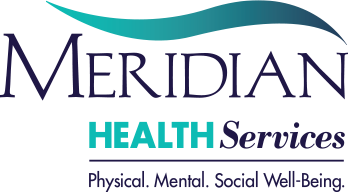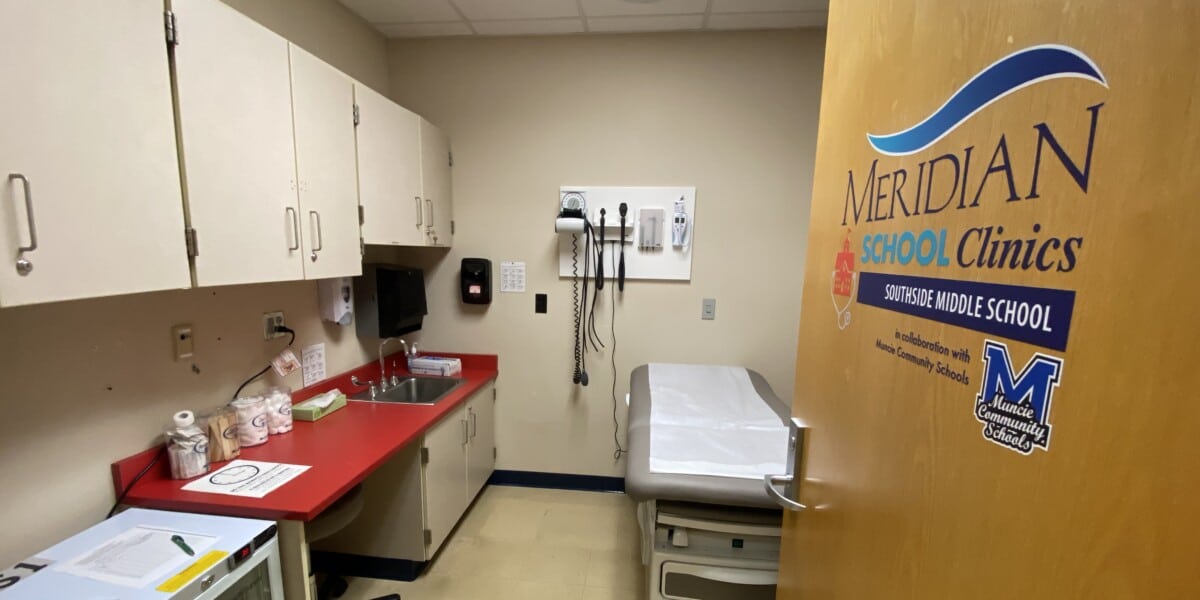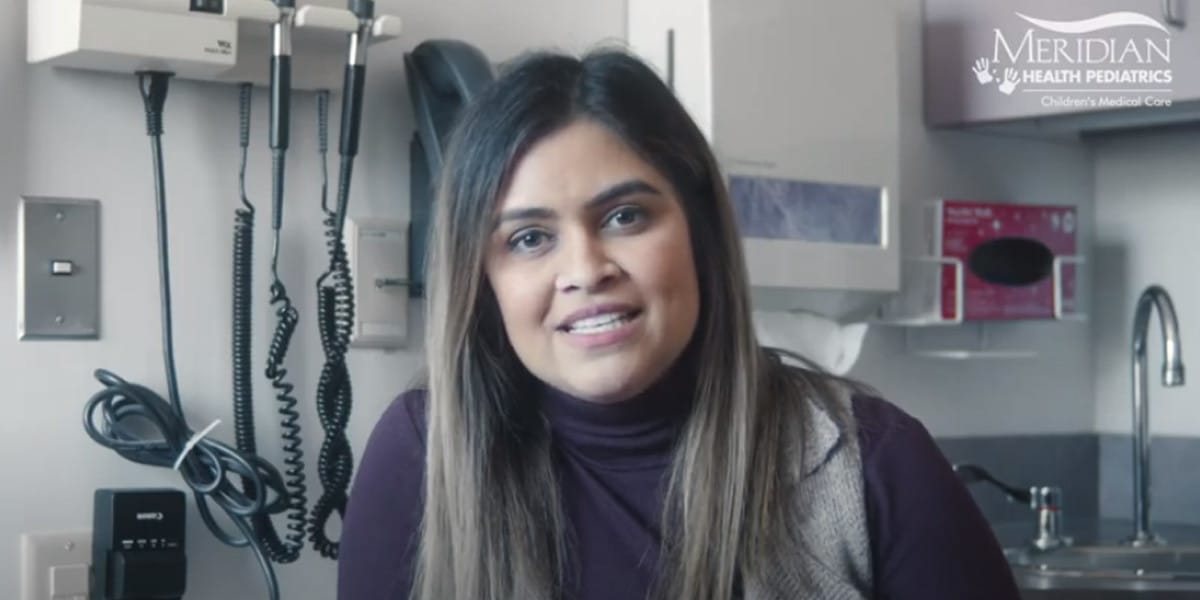From The Star Press
Editor’s note: The following COVID-19 update is provided by a collaboration of healthcare partners including Delaware County Health Department, Delaware County Emergency Management Agency, Delaware County Office of Information, and other major healthcare providers.
COVID- 19 cases and deaths
Delaware County is experiencing a considerably high rate of positive COVID-19 tests. Last week’s tests (Aug. 5-12) resulted in an 8.2% positive testing rate; the Centers for Disease Control and Prevent suggest that this number should be well under 5%.
As of Friday, Aug. 14, Delaware County reported 74 new cases of COVID-19 in the past week, bringing the total number of confirmed cases in the county to 781. As of last week, IU Health Ball Memorial Hospital was treating 15 confirmed patients, eight of whom are Delaware County residents. Of the 15 patients, 2-4 patients are on ventilators. There have been 51 total deaths in the county, but no new deaths were reported last week.
“We continue to operate in a challenging environment,” said Dr, Jeff Bird, president of IU Health East Central Region. “I am very encouraged at the way our teams have responded to this extended period of disruption for our normal operations. It continues to be vitally important to mask up and take every available precaution when you go out. The health of your neighbors and your community are directly impacted by your actions.”
Testing
There are two types of COVID-19 tests. The most common of the two, molecular tests are used to diagnose whether a person has an active infection of COVID-19; molecular tests cannot tell whether someone had previously been infected with COVID-19 and has since recovered. Molecular tests are often performed via nasopharyngeal swabs (which takes samples from the back of a patient’s nose/throat with a cotton swab).
The second type of test is a serologic test, otherwise known as an antibody test, which is used to detect whether a person has COVID-19 antibodies. The presence of antibodies indicates that a person had previously had COVID-19 and has since recovered. Serologic tests usually require a blood sample.
Meridian Health Services currently offers both types of tests at each of its locations. Open Door offers nasopharyngeal molecular tests, processed through LabCorps, the most accurate type of test currently available. Both Meridian and Open Door have multiple testing locations:
- Meridian Health Services (MeridianMD), 100 N. Tillotson Ave., Muncie. Call 866-306-2647 before visiting to be pre-screened, or schedule appointment online at MeridianHS.org. Molecular and serologic tests available.
- Meridian Health Pediatrics, 205 N. Tillotson Ave., Muncie. Call 866-306-2647 before visiting to be pre-screened, or schedule appointment online at MeridianHS.org – Molecular and serologic tests available.
- Meridian School Clinics (at Southside Middle School), 1601 E. 26th St., Muncie, Ind. Call 866-306-2647 before visiting to be pre-screened, or schedule appointment online at MeridianHS.org. Molecular and serologic tests available.
- Open Door Primary Care, 333 S. Madison St., Muncie, Ind. Testing available to Open Door patients only. Call 765-286-7000 before visiting to be pre-screened. Visit opendoorhs.org for hours.
- Open Door Urgent Care, 1651 E. 29th St., Muncie, Ind. Testing available to community members and Open Door patients ,Call 765-747-1164 before visiting to be pre-screened. Open Monday through Friday 8 a.m.-8 p.m.; Saturday and Sunday 9 a.m.-5 p.m.
Test results typically take 24 to 72 hours to be returned. However, some tests may take up to five days to get results due to the amount of tests being sent to labs. Meridian Health Services is looking forward to providing rapid testing in the near future, which would provide patients with their testing results within 15 minutes.
For more testing locations, visit dcema.com.
Schools
As of Friday, Aug. 14, Muncie Community Schools had reported one positive case of COVID-19. The positive case occurred before the start of the school year. Two teachers, both of whom were in contact with the person who tested positive, have since been asked to self-quarantine. So far, neither of the two teachers is exhibiting symptoms.
Staying safe from COVID-19
To keep yourself safe from COVID-19 and to reduce the spread of the disease, wash your hands often for at least 20 seconds, wear a mask when inside public spaces or when in crowded areas and practice social distancing.
Ideally, you should also refrain from hosting events or gatherings as much as possible. Governor Holcomb is requiring any events with more than 250 attendees to be approved by the local health department. If you plan to host an event that may exceed 250 attendees, please contact the Delaware County Health Department at 765-747-7721.
Public areas should be cleaned and sanitized frequently. (Delaware County Commissioners have contracted with a company to do full disinfection of the County Building public areas and offices multiple times per week with special equipment and disinfectant to increase protection to the public visiting those facilities as well as county employees.)
Frequently Asked Questions
What are the symptoms of COVID-19?
People who have COVID-19 may exhibit any range of these symptoms, and some may even show no symptoms at all. Symptoms may appear 2-14 days after being exposed to the virus.
Some symptoms of COVID-19 include:
- Fever or chills
- Cough
- Shortness of breath or difficulty breathing
- Fatigue
- Muscle or body aches
- Headache
- New loss of taste or smell
- Sore throat
- Congestion or runny nose
- Nausea or vomiting
- Diarrhea
What should I do if I think I might have COVID-19?
If you have any of the above symptoms or have been in contact with someone who tested positive for COVID-19, you should immediately begin to self-quarantine to prevent spreading the disease to others. You should also call a local health clinic to arrange to be tested. Follow your doctor’s orders, and continue to self-quarantine until you receive negative test results.
Children who exhibit any of the above symptoms should NOT be sent to school. If your child shows any of the listed symptoms, keep the child home in quarantine and contact your healthcare provider for further guidance.




